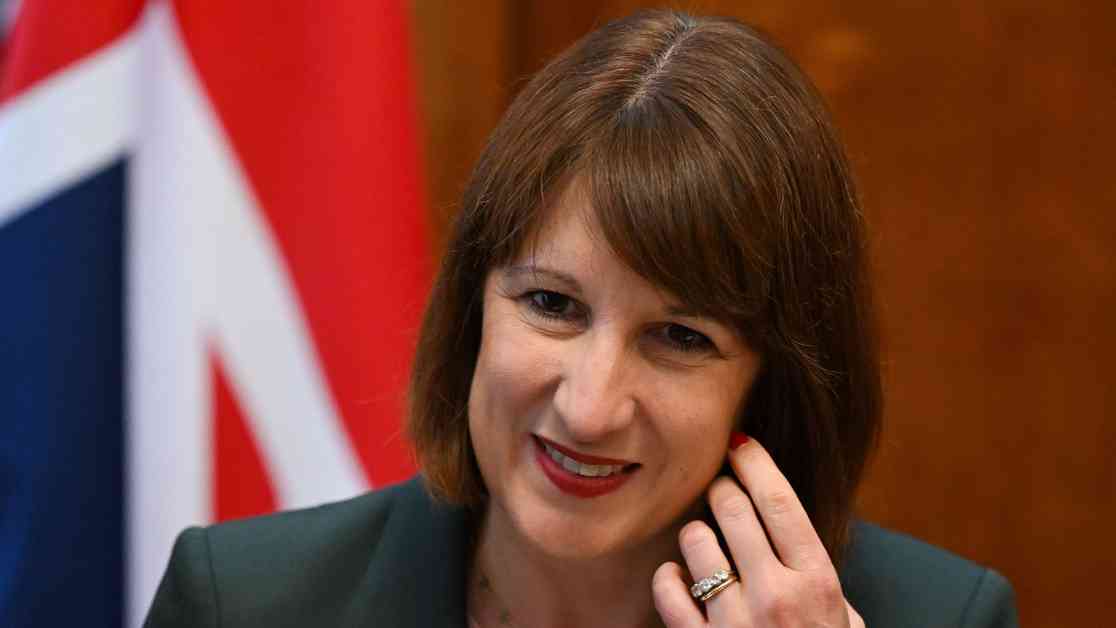Rachel Reeves, the chancellor, recently announced a significant increase in funding for the NHS, which will result in two million additional appointments annually. The government is planning to deliver billions of pounds in new funding to support this initiative. The funding will be used to establish new surgical hubs and scanners, as well as to provide £70m for radiotherapy machines. Additionally, an extra £1.8bn will be allocated for elective appointments since July.
Ms. Reeves emphasized the importance of the NHS, calling it “the lifeblood of Britain.” She acknowledged the neglect and underinvestment that the NHS has faced over the past decade and expressed her commitment to addressing these issues. Despite the substantial funding increase, Ms. Reeves acknowledged that it would be challenging to reverse the damage accumulated over the past 14 years in just one budget. However, the government aims to fulfill its manifesto commitment of providing 40,000 additional appointments every week to reduce the backlog.
Health Secretary Wes Streeting, during a joint visit with Ms. Reeves, cautioned that the increased funding might not completely prevent avoidable deaths and winter crises in the coming months. He acknowledged the challenges faced by the NHS, including the possibility of patients waiting on trolleys and corridors during the winter. Although the funding boost will help, Mr. Streeting stressed that there will still be significant issues to address.
The chancellor also highlighted the need for modern equipment in hospitals to improve productivity and efficiency. She noted that current equipment purchased under the last Labour government needs to be upgraded to support the qualified staff effectively.
In anticipation of the upcoming budget, Labour leader Sir Keir Starmer confirmed that there would be tax rises to prevent a return to austerity and to rebuild public services. While specific tax increases were not outlined, it is expected that employer national insurance, capital gains, and inheritance tax may see adjustments.
The government has faced scrutiny regarding its definition of “working people” and its tax policies. The upcoming budget is also expected to include an increase in the bus fare cap and additional funding to support employment efforts. Critics, including Tory leadership hopeful Robert Jenrick, have expressed concerns about the government’s approach to funding and reform within the NHS.
Overall, the increased funding for the NHS is a positive step towards addressing ongoing challenges and improving healthcare services in the UK. While there may still be hurdles to overcome, the government’s commitment to investing in the NHS is a crucial investment in the nation’s health and well-being.













